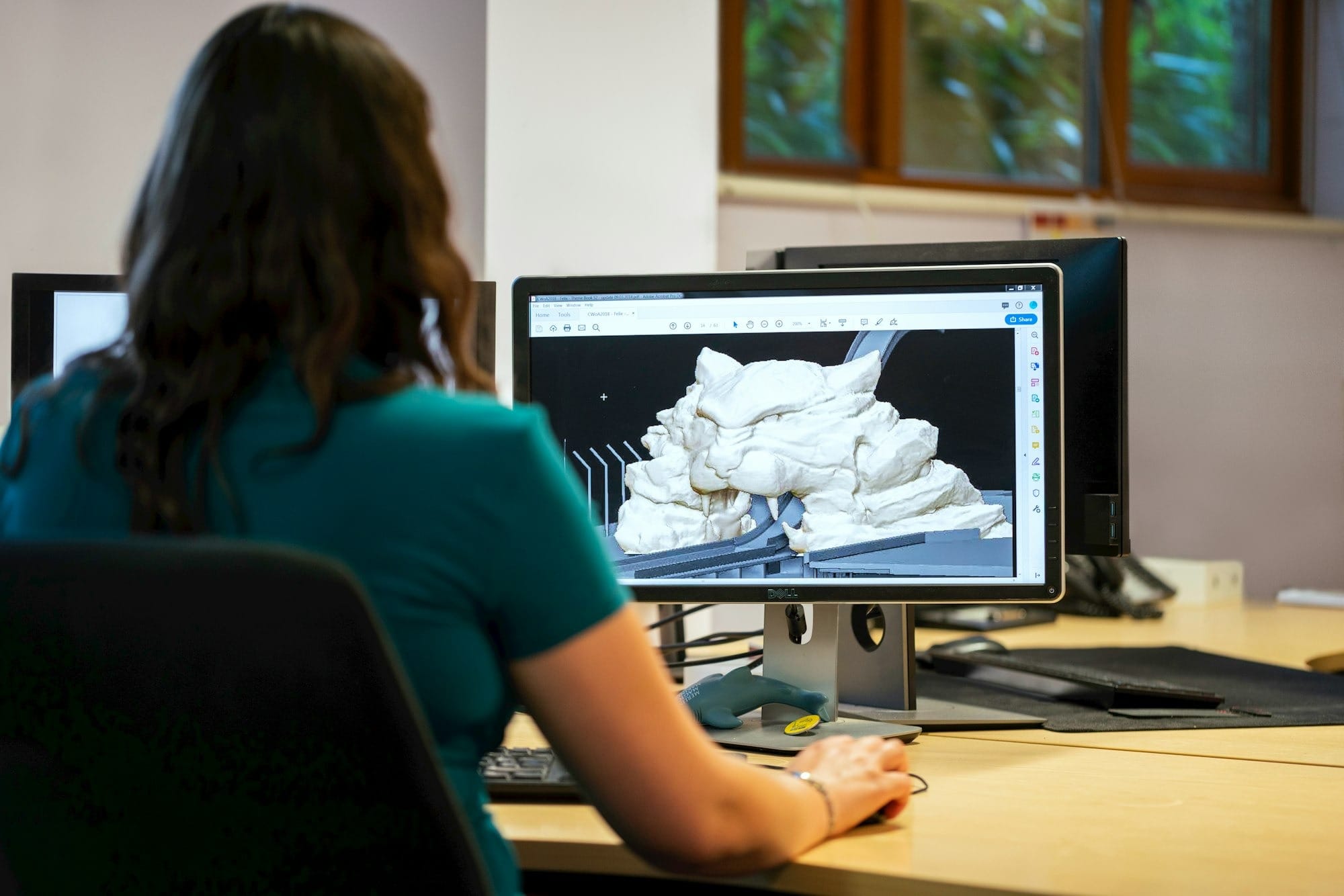Humanity-Centered Tech Training for the Renaissance Technologist

Accenture announced that it would be acquiring Udacity this year.
We take a global perspective at Singular XQ, and although the word Renaissance is a Western European term, we apply it to mean a period of higher learning that evolved from a confluence or a consilience of thinking and can be found across all cultures and the world, freely borrowing from each other and impacting each other and sometimes erupting in parallel with no feasible possibility of influence. A phenomenon some have called, as Heidegger did, a zeitgeist. Similar phenomena can be found in the Islamic Golden Period, the Chinese Golden Age, the Gupta Empire in India, the Heian Period in Japan, and the Timurid Empire.
We are so embedded into disciplinarity silos in Western culture that we forget that the separation of the two cultures—Science and the Arts– is a recent experiment contra to these golden periods of human learning, which embraced the arts and sciences as we understand them now as inter-connected. Many believe it has caused more harm than good.
It's no secret that the business world has long ago abandoned the idea that universities can produce students capable of performing within the industrial cultures that have emerged since the Cold War. Even though universities try to meet the demand by shifting more towards pre-professional job training, the skills gap continues to widen.

The Singular XQ Value Proposition
Considering the emerging Audacity-Accenture alliance, it is giving us pause at Singular XQ as we discuss how we'd like to prepare 18-35 year-olds for leading in this tumultuous, tech-driven future we all face. Here is our question as we discussed the future state roadmap for education and training here at Singular XQ.
Does scaling "education" and training lead to the optimal delivery of quality results in the students who take it?
The allure of passive, ever-green income is widely acknowledged as a pathway to affluence, and people have begun selling training at scale as the latest in a steady stream of "productized" offerings. However, a growing number of experts are skeptical about whether such educational experiences can cultivate employees who are:
1) collaborative
2) innovative
3) possess an understanding of history
4) demonstrate cross-cultural competency
5) value ethics
These values are widely acknowledged as necessary, if not sufficient, for building safe and humanity-centered technology.
The above qualities are sometimes overlooked because they are seen as indifferent to financial outcomes and, thus, dismissible outright. However, it is acknowledged that such programs like the ones Udacity offers can facilitate continuous learning, akin to how we learn chess, advanced mathematics, and foreign languages on wildly successful applications like Chess, Duolingo, and Khan Academy. Yet, when these become the primary foundation for preparing individuals for the workforce and their roles in a democratic society that necessitates cogent arguments and active participation in the public discourse, it prompts a reflection on what might be forfeit in pursuing "upskilling at scale."
A Superior Approach to Technology Education

Singular XQ is pioneering a superior approach to technology education, offering continuous training opportunities that prioritize humanity-centered technology. This initiative invites individuals, colleagues, students, and teams to discover the plans for such education.
Why should one consider a smaller nonprofit entity like Singular XQ over larger, established names such as Accenture and Udacity? Perhaps it's not instead of but in addition to. Here is our educational value proposition spelled out.
- Personalized Learning Experience
- Focused Curriculum with Real-World Applications
- Community and Networking Opportunities
- High Engagement and Support
- Social Impact and Ethical Considerations
- Selective in Accepting Students and Rigorous in Certifying Them
When considering continuous technology training for yourself, our organization, your team, your family, or your colleagues, think about the difference that we offer, distinguishing us from boot camps and training-as-a-service platforms at scale. There are places for both of these, but we provide what they cannot offer.




